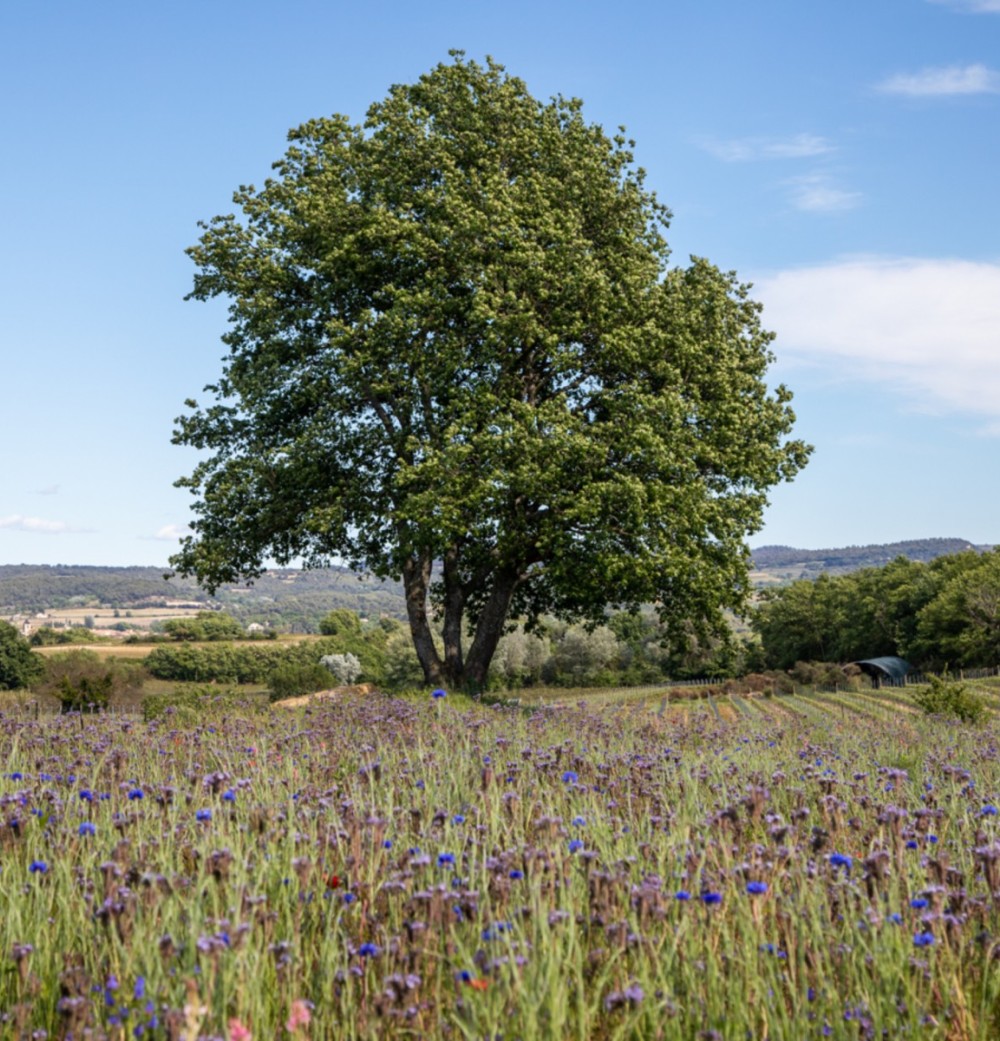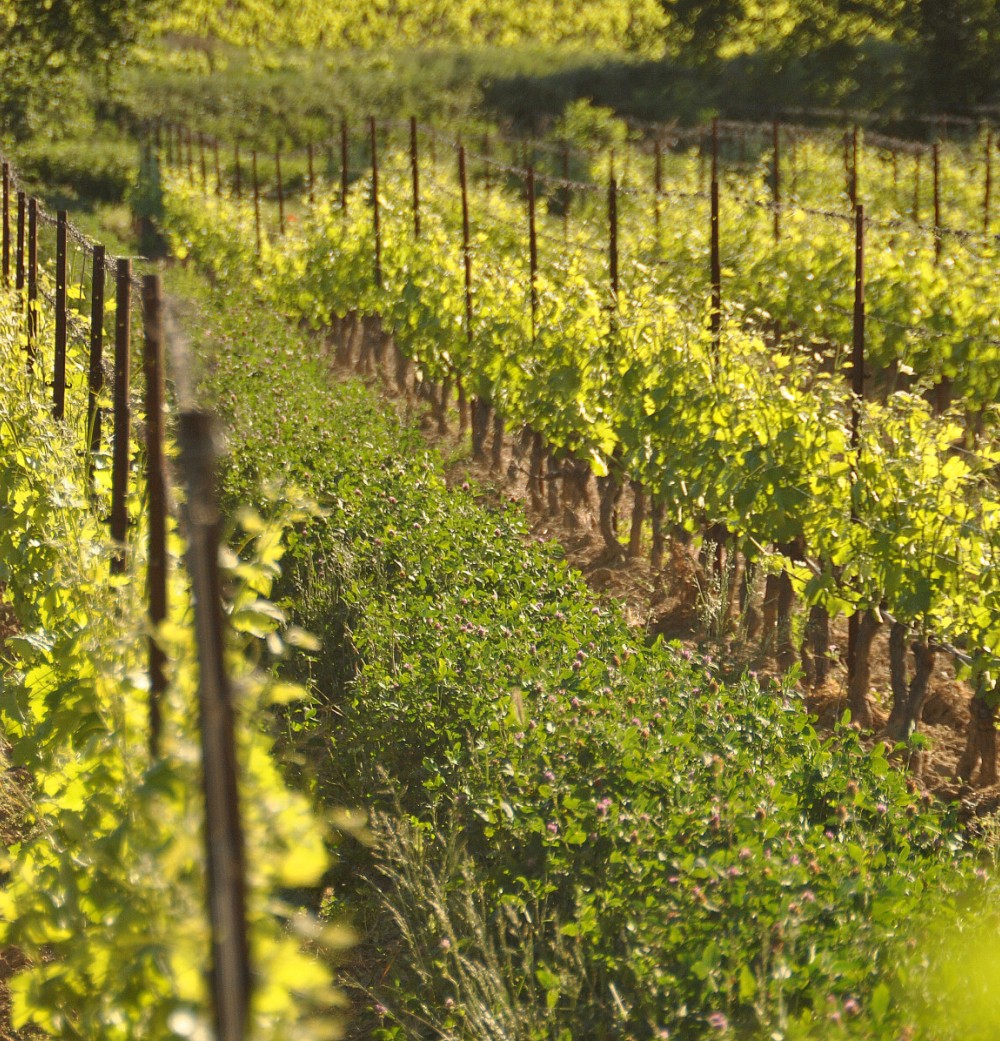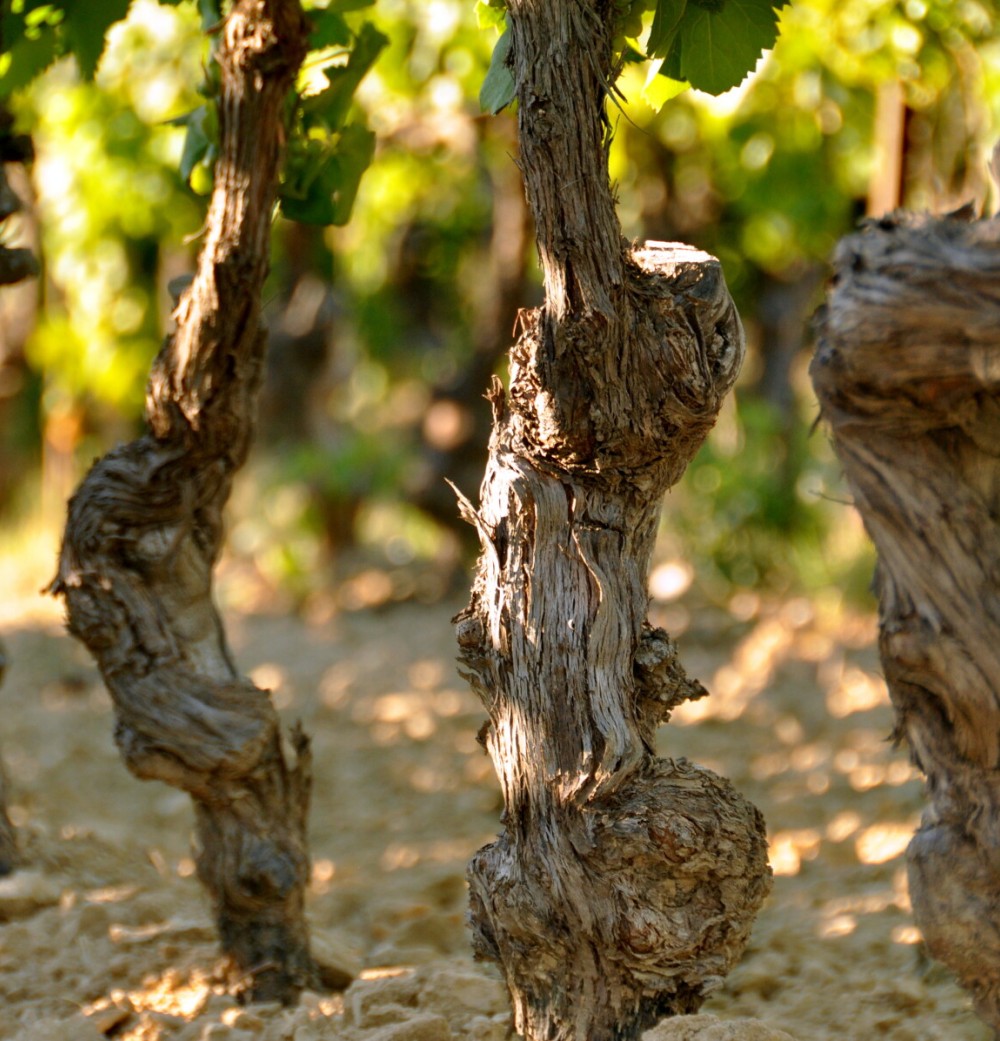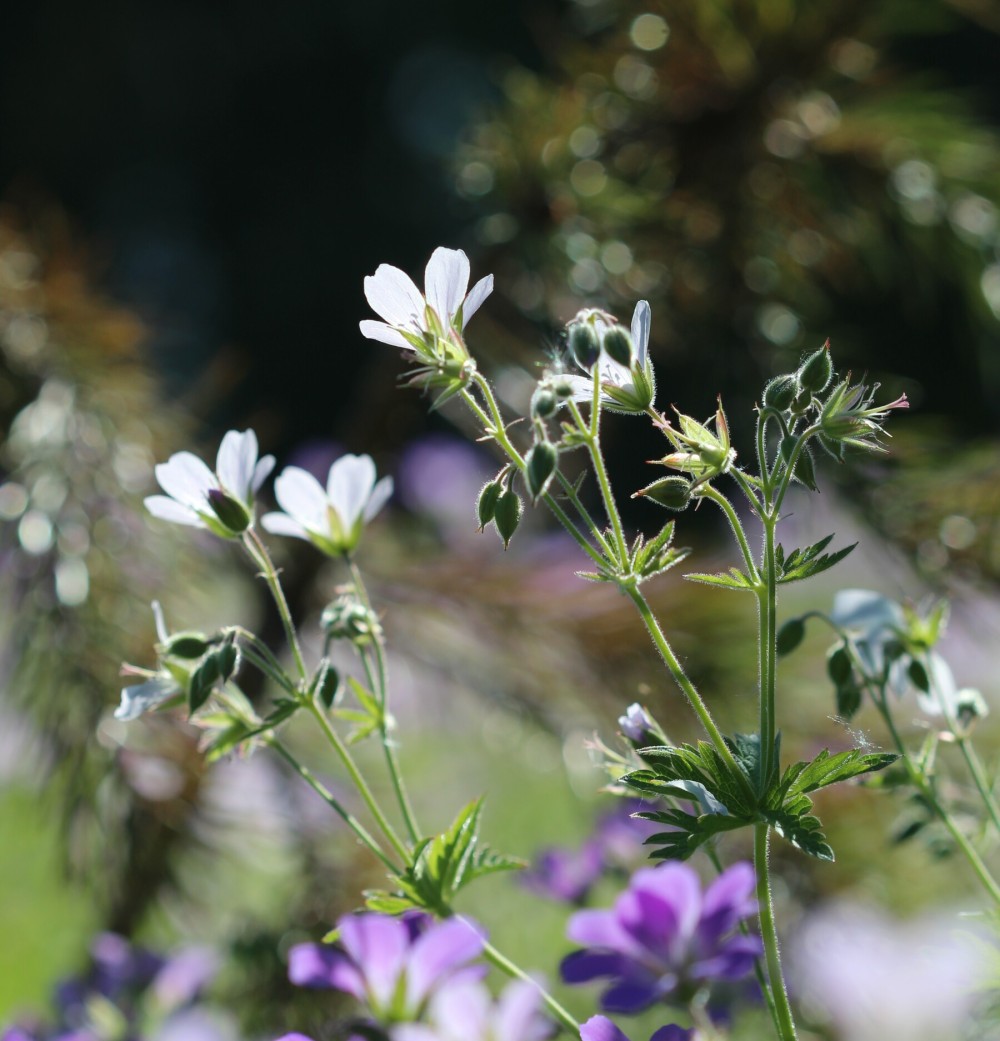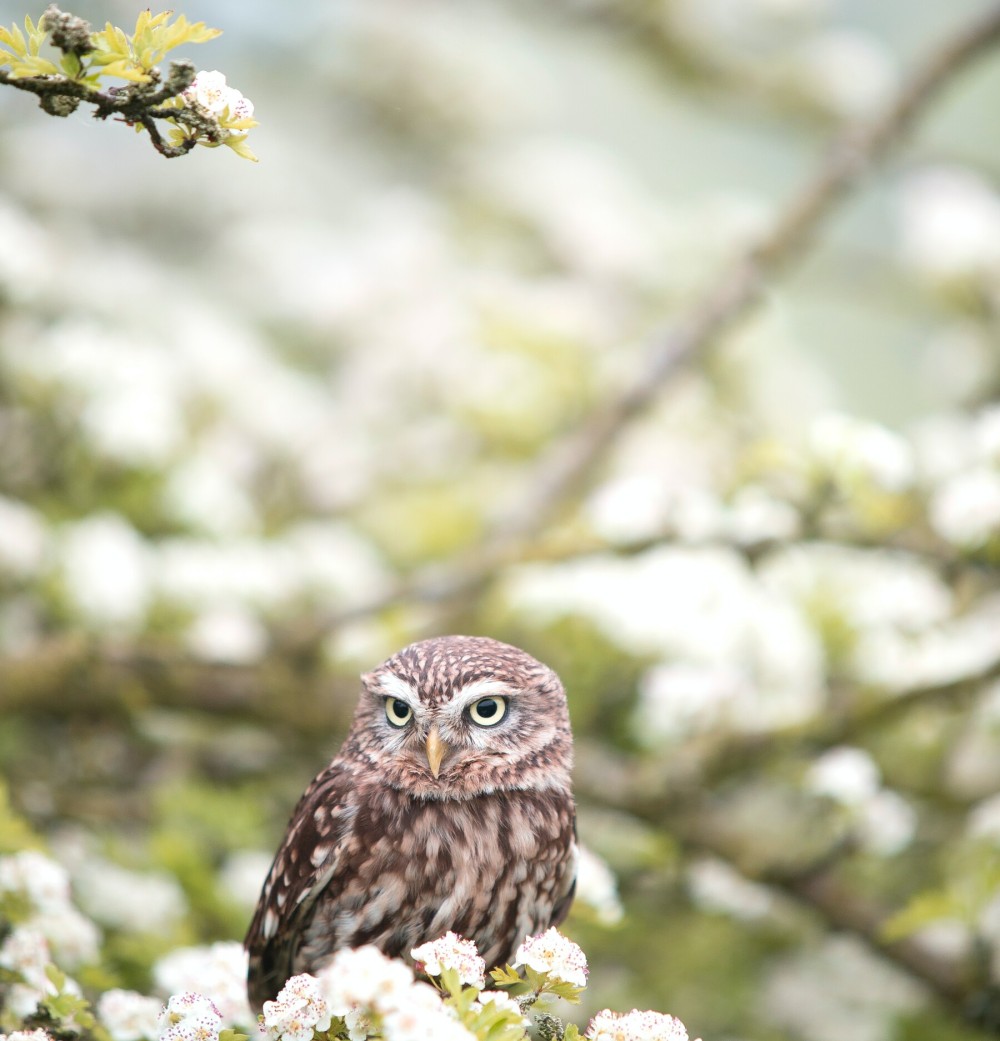Organic farming - Nature at the center
" The biological life of our soils determines the health and productivity of our vineyards. We pay close attention to this fragile balance. "
Very early on, my parents decided to adopt an organic growing method, respectful of the environment and future generations.
We take a holistic approach to our terroir and environment.
To achieve this, we collaborate with university ecologists, a forestry institute, the bird protection league and a beekeeper. These exchanges nourish our way of working and producing.
This ecological commitment, combined with the estate's rich palette of grape varieties, produces juices from a remarkable melting pot that are the foundation of the identity of Domaine Le Novi wines.
Organic, a matter of course for us
Concerned about the environment and the legacy to future generations, the estate began to question its production methods at a very early stage. Jean-Claude Dol, my father, began converting to organic farming when the family farms were reunited. Naturally, I have continued to use this method of production, enriching it with a broader, more modern vision gleaned from my travels as a winemaker.
Ancient grape varieties, a key to the response to climate change
Sensitive to climate change and convinced that grape varieties are one of the keys to adaptation and response, we take great care in choosing the right ones. Domaine Le Novi, in collaboration with the Côtes du Rhône winegrowers' union, has initiated the conservation of an old Provencal grape variety, Bourboulenc. Every year, we make available to winegrowers the wood from the massal selection of this "Provençal Riesling".
Over the years, we have broadened the estate's grape varieties by replanting old varieties such as Counoise and Oeillade, and have increased the proportion of low-alcohol varieties such as Carignan, Cinsault and Clairette.
Encouraging biodiversity by sculpting our landscape
Aware that farming practices influence flora and fauna, we have set up partnerships to observe this biodiversity, in order to support the holistic approach undertaken when Romain returned to the property.
We are part of a network of farms monitored by the University of Marseille-Avignon, as part of a thesis on ecology and biodiversity. All plant and animal species are scrutinized, counted and qualified to help us make the right choices in terms of cultivation.
We have also initiated a collaboration with the Maison Forestière de la Bastide-des-Jourdans, with the same idea of promoting biodiversity. The aim is to facilitate the growth of non-invasive plant species - blackthorn, viburnum, hawthorn, etc. - thus guaranteeing a "granary" for wildlife.
By shaping our landscapes with open and closed forests and flowering meadows, we provide a wide variety of habitats for chiropterans, beetles and arachnids, all of which contribute to the good health of our vineyards.
" Some of our dead trees are deliberately preserved, as they are the preferred habitat of Athena's owls. "
The Parc du Luberon, the LPO & local stakeholders work together for the owl
More than thirty years ago, my father, Jean Claude, with the support of the PNR du Luberon and the LPO (Ligue de Protection des Oiseaux), welcomed an Athena's Owl nest in order to reintroduce this tiny bird of prey to our territory.
Our choices and actions have an influence on our ecosystem: the effective health of this pair of Chevêches only reinforces our convictions.
The addition of beehives is part of this same approach, which aims to colonize all our ecological niches and thus encourage the pollination of the estate's flora.
Bat nesting boxes have also recently made their appearance on the estate.

